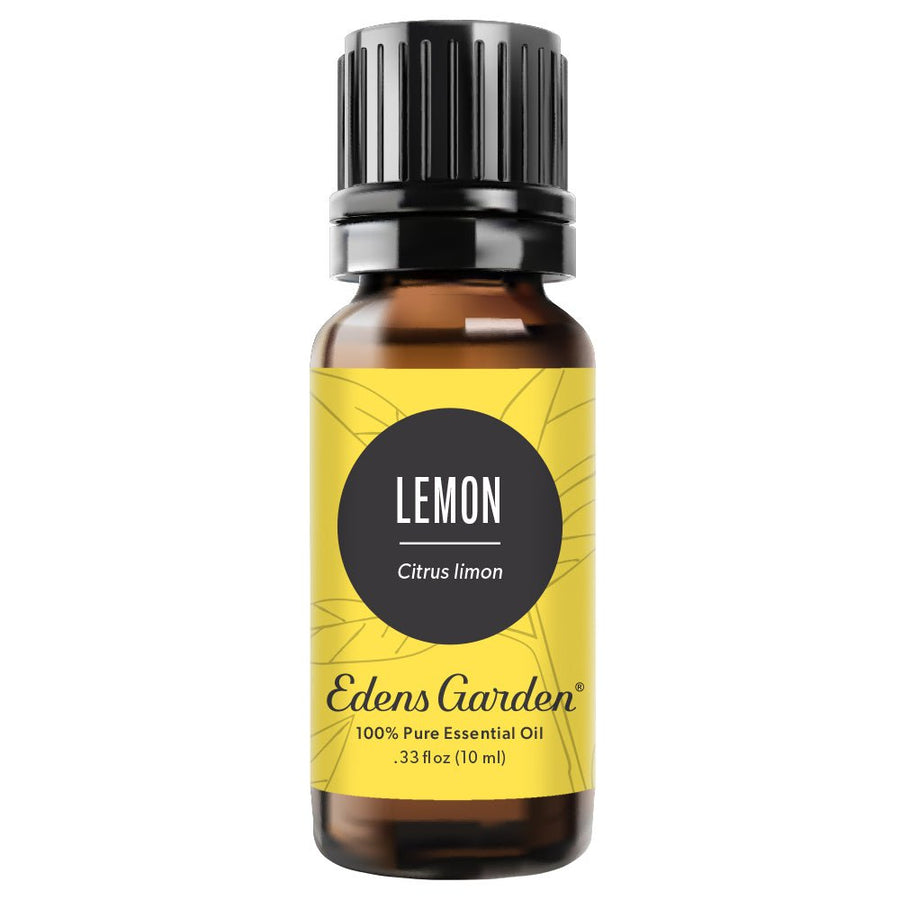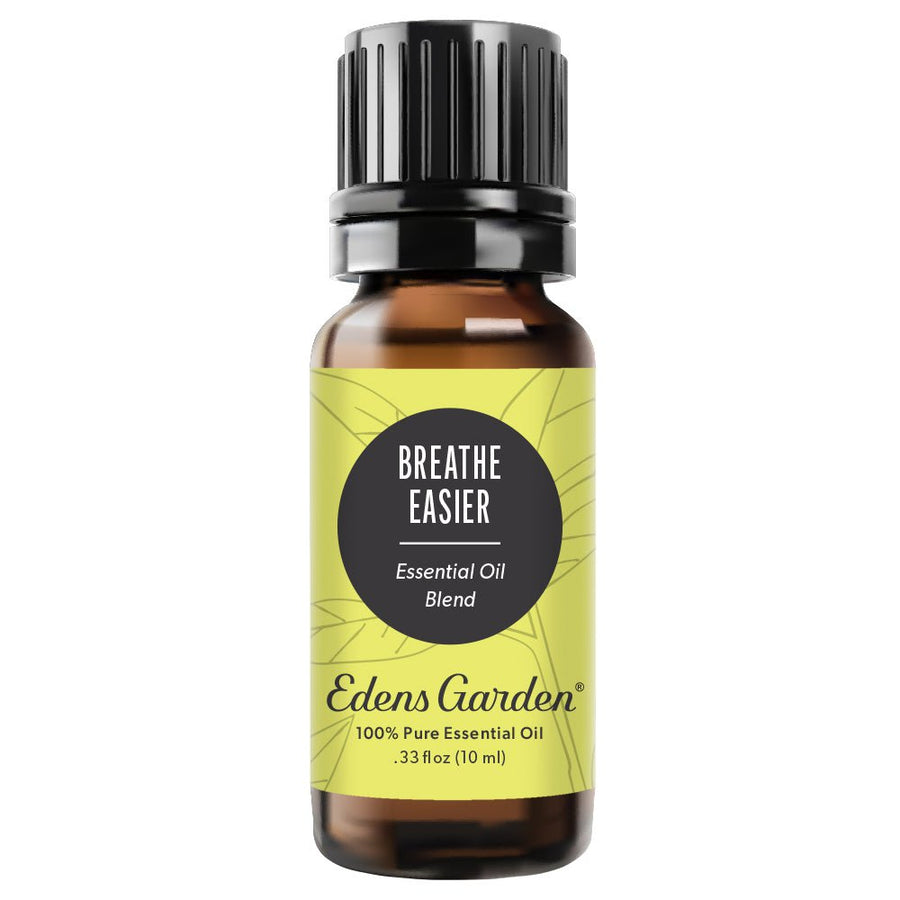Best Essential Oils For Snoring

This content was updated for accuracy and relevance on November 22nd, 2020
If you’ve ever slept next to someone who snores, you know how insanity-inducing it can be. The rumbling can keep you up all night and lead to miserable mornings. Or maybe you’re the one with the snoring problem in your household, and you’d like to help your family get some restful sleep!
Snoring is what happens when your breathing is blocked. This condition is incredibly common, affecting more than 90 million Americans.
If you’re looking for a natural remedy, try some of our pure essential oils for snoring.
You can use essential oil rollers to massage the oils into your neck and chest before bed, or use an aromatherapy diffuser while you sleep.
What Causes Snoring?
We’ve noted that snoring is the result of air slowly rumbling through blocked airways. But what blocks them? Your personal answer to this question affects the approach you should take to soothe snoring. The Mayo Clinic explains that any of the following can be behind your snoring problem:
-
Mouth anatomy – For some of us, genetics are to blame for snoring. If you have a long uvula or extra tissue at the back of your throat, it may obstruct your airways during sleep.
-
Drinking – Alcohol can relax the throat muscles too much, leading to snoring.
-
Sleep deprivation – Likewise, if you’re chronically sleep-deprived, your throat muscles may relax when you finally get some sleep.
-
Nasal Congestion – Whether due to allergies or illness, nasal and respiratory inflammation can cause you to snore.
Before you take any measures to temper your snoring, make sure to see your doctor to rule out other possibilities such as obstructive sleep apnea.
Aromatherapy essential oils may help:
-
If you tend to end the evening with a nightcap because you have difficulty falling asleep, or you struggle with sleep for any other reason, pure essential oils may be able to help you get better sleep.
-
If allergies or nasal congestion are behind your snoring, anti-inflammatory oils may be the perfect solution.
Next, we’ll go over some of our favorite essential oils to help stop snoring.
Sweet Marjoram
Sweet Marjoram is more than a culinary herb. This dynamic oil helps you expel and inhale air more easily so you can sleep peacefully.
Rich in a compound called terpinen-4-ol, Marjoram has the potential to clear airways clogged by colds or allergies:
-
A 2001 study showed that terpinen-4-ol had strong antibacterial properties. When diffused, it was seen to fight pathogens in the respiratory tract. While this study’s terpinen-4-ol was derived from Tea Tree oil, Marjoram oil has comparable amounts.
Lemon
Bright, zesty Lemon is a frequent additive to household cleansers because of its germ-busting properties—like most other citrus oils, Lemon is antiviral, antibacterial and antifungal.
An invigorating essential oil, Lemon can help clear your sinuses and soothe your respiratory system. It may:
-
Help cut colds off at the root – Lemon can help your immune system fight off the pathogens behind your cold and congestion.
-
Reduce inflammation – Both microbes and allergies have a similar effect on your respiratory tract, resulting in inflammation, congestion and restricted airflow through the nasal passage. Lemon oil is one of our favorite natural essential oils for inflammation.
-
Soothe stress – Sometimes, when you’re congested, attaining restful sleep becomes a challenge because you’re stressed about feeling better (and perhaps about snoring, too). With its uplifting properties, Lemon essential oil may help ease worry for better, quieter sleep.
These qualities make it a go-to oil when colds are behind your snoring.
Synergy Blends
Before you start mixing your own essential oil blend, check out our blended oils. These combine several oils rich in airway-clearing compounds like 1,8-cineole and terpinen-4-ol, along with other aromas that can help reduce nerves and tension so that you can rest easy (and silently).
Below, we’ll describe the difference between five of our most popular blends for snorers.Eucalyptus Cardamom
Eucalyptus Cardamom can help reduce the inflammation in your air passageways since it’s Eucalyptus-based. Eucalyptus is rich in a compound called 1,8-cineole (aka eucalyptol), and has long been a favorite for treating colds and congestion.
Science shows the wisdom besides this prevalent practice.
-
A 2014 study confirms that 1,8-cineole derived from Eucalyptus is not just mucolytic (mucus-thinning). It also modulates immune system response and inflammation, specifically in the respiratory tract.
-
In some countries, 1,8-cineole in various forms is used clinically to treat respiratory inflammation.
Breathe Easier
Bright and herbaceous, Breathe Easier combines four powerfully anti-inflammatory essential oils:
-
Lemon
-
Eucalyptus
-
Peppermint
-
Rosemary
Like Eucalyptus oil, Rosemary oil and Peppermint oil are rich in 1,8-cineole, while Peppermint also contains soothing menthol. With a bright, refreshing aroma, Breathe Easier promotes easy breathing and helps clear your air passageways.
Because of its cooling properties, this synergy blend for snoring can also be a perfect choice if stress is a factor in your snoring.
Deep Breath
Deep Breath is similar to Breathe Easier, but it adds several warming essential oils. Its ingredients include:
-
Eucalyptus
-
Peppermint
-
Lemon
-
Ravintsara
-
Tea Tree
-
Cardamom
-
Laurel Leaf
-
Vetiver
Clear, bright and subtly woody, it brings you the aromas of spring even in the depths of winter.
Spicy Cardamom and earthy, woodsy Vetiver combine with anti-inflammatory essential oils to nurse you through colds and minor illnesses. While this blend is not a replacement for prescription medication, it can help to hasten healing and reduce snoring during the cold and flu season.
Pollen Buster
If allergies are disrupting your otherwise soundless sleep, Pollen Buster might be your answer. It's a unique synergy blend with a relaxing aroma. It contains:
-
Fir Needle
-
Lavender
-
Rosalina
-
Geranium
-
Blue Tansy
-
Rose
Many people with allergies are sensitive to certain aromas. We’ve formulated Pollen Buster with gentle, soothing florals, as well as crisp notes of evergreen Fir Needle. These essential oils are also anti-inflammatory, albeit a bit less aggressive in their approach and thus, well-suited for people with seasonal sensitivities.
With floral notes of Geranium, Blue Tansy and Rose, it can also be a good choice for anyone looking to alternate with one of the previous two essential oil combinations.
Breathe In, Breathe Out
We have a synergy blend line called OK For Kids which consists of essential oils that are safe for children over two years old and Breathe In, Breathe Out is one of our most popular blends for seasonal allergies and illness.
If your child’s snoring bothers their sibling or embarrasses them at sleepovers, Breathe In, Breathe Out can come to the rescue. This soothing blend contains:
-
Sweet Marjoram
-
Lemon
-
Silver Fir
-
Lavender
-
Frankincense
-
Lime
-
Chamomile
-
Vetiver
-
Damiana
-
Ginger
-
Spearmint
-
Vanilla
Sweet, citrusy and bright, this aroma is a favorite for adults and kids alike.
For easy application, purchase a pre-diluted essential oil roller and apply to your child’s neck and chest.
Whether you’re looking for the best essential oils for snoring, to improve your skin tone, or find more energy throughout the day, we have an essential oil that’s right for you.
Sources:
-
“Snoring.” The Mayo Clinic. https://www.mayoclinic.org/diseases-conditions/snoring/diagnosis-treatment/drc-20377701
-
Inouye, Shigeharu, Toshio Takizawa, and Hideyo Yamaguchi. “Antibacterial activity of essential oils and their major constituents against respiratory tract pathogens by gaseous contact.” Journal of Antimicrobial Chemotherapy 47.5 (2001): 565–573, https://doi.org/10.1093/jac/47.5.565
-
Juergens, U.R. “Anti-inflammatory properties of the monoterpene 1.8-cineole: current evidence for co-medication in inflammatory airway diseases.” Drug Res (Stuttg) 64.12 (2014): 638-646. https://pubmed.ncbi.nlm.nih.gov/24831245/








Leave a comment (Comments will be approved before showing up)